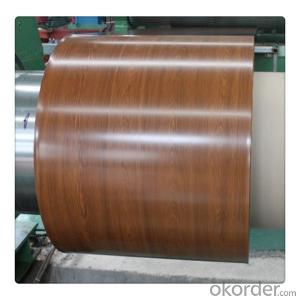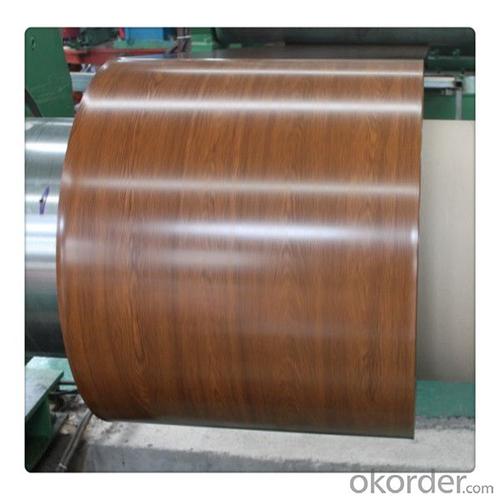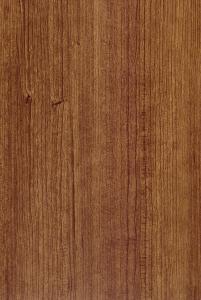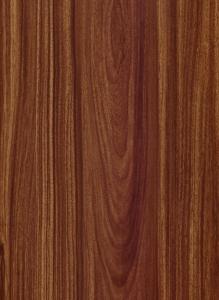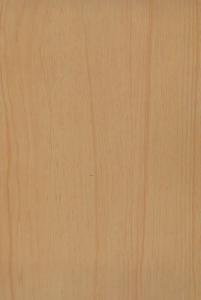Flat Aluminum Coil with Wooden Grain Coating for Decoration
- Loading Port:
- Shanghai
- Payment Terms:
- TT OR LC
- Min Order Qty:
- 5 m.t.
- Supply Capability:
- 10000 m.t./month
OKorder Service Pledge
OKorder Financial Service
You Might Also Like
Specification
1. Specification of Wooden Grain Coating Aluminum Coil for Decoration
Material | Alloy Aluminum 6063,6061,6005 or customer nominated |
Temper | T3, T4, T5, T6 |
Surface | Anodize, electrophoresis, powder coating, PVDF coating, wood grain painting, matted, etc. |
Colour | Any colour based on Standard Germany RAL Mark |
Length | Coating 6.5 meters, Anodizing 6.5 meters, Mill finish 5 meters |
Press Machine | 500-4000 tons all together 64 press lines. |
Fabrication | 1. Windows and doors; 2. Drilling; 3. Bending; 4. Cutting; 5. etc. |
Certificate | ISO 9001 |
Moulding | 1. Using our moulds, no fee; |
2. Using customer drawing, opening mould, usually about 10~50 tons then the moulding can be refunded. | |
3. Mould cost is negotiable base on the order quantity | |
Capability | Annual output 100,000 tons |
2. Application of Wooden Grain Coating Aluminum Coil for Decoration
(1).Interior: wall cladding, ceilings, bathrooms, kitchens and balconies, shutters, doors...
(2).Exterior: wall cladding, facades, roofing, canopies, tunnels,column covers , renovations...
(3).Advertisement: display platforms, signboards, fascia, shop fronts...
3. Feature of Wooden Grain Coating Aluminum Coil for Decoration
*Such coil is specially designed to replace aluminum ingot, due to the high export tax of aluminum ingot, the coil has better price than ingot.
*This type of coil can fit customer's remelting furnace just like ingot, no need to make any change to the production line that was previously used for ingot. The standard coil size and weight is very suitable for the feed gate of furnace.
*This type of coil causes less material wastage than ingot when remelted.
*Our coil is made directly from ore, no need to go though the ingot making process, quality is much better than other suppliers who use ingot scrap to make coil.
Be free from Oil Stain, Dent, Inclusion, Scratches, Stain, Oxide Dicoloration, Breaks, Corrosion, Roll Marks, Dirt Streaks and other defect which will interfere with use
4. Certificate:
SGS and ROHS(if client request, paid by client), MTC(plant provided), Certificate of Origin(FORM A, FORM E, CO), Bureau Veritas and SGS (if client request, paid by client), CIQS certificate
5. Image of Wooden Grain Coating Aluminum Coil for Decoration
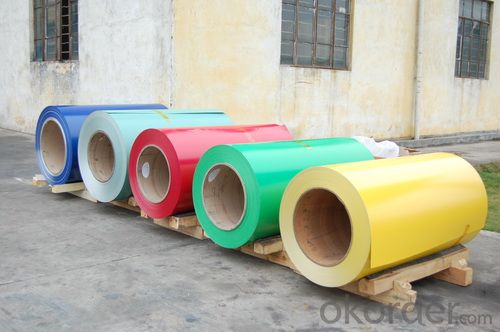
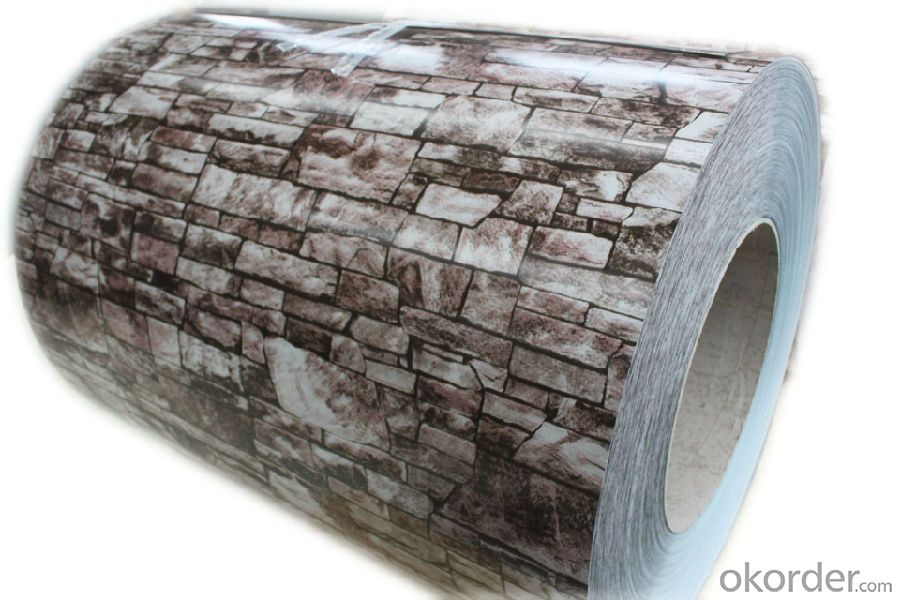
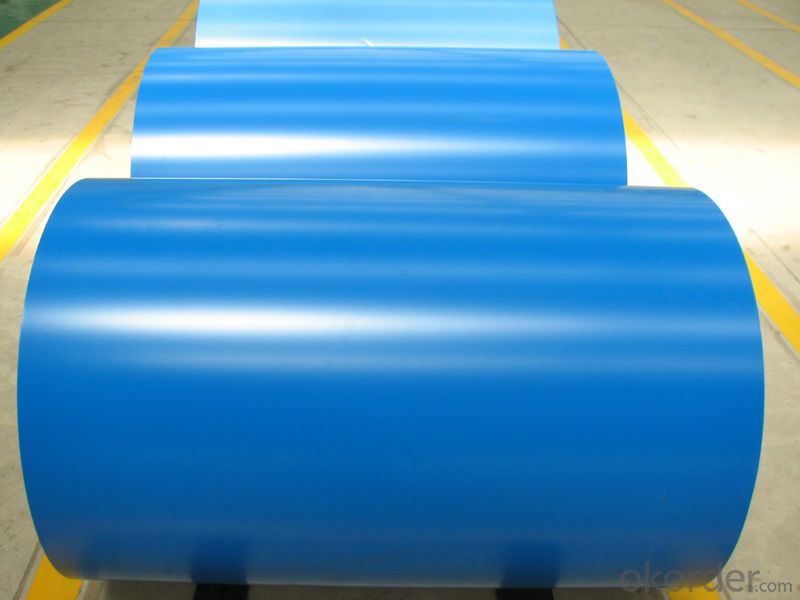
6. Package and shipping of Wooden Grain Coating Aluminum Coil for Decoration
eye to wall
eye to the wall
with wood pallet (wooded case also available)
7. FAQ
1) What is the delivery time?
Dpends on actual order, around 20 to 35 days
2)What is the QC system:
We have QC staff of 20 persons and advanced equipment, each production is with MTC traced from Aluminum ingot lot.
3) What market do you mainly sell to?
Australia, America, Asia, Middle East, Western Europe, Africa etc
- Q: Can aluminum coils be used for architectural applications?
- Yes, aluminum coils can be used for architectural applications. Aluminum is a versatile and lightweight material that offers excellent corrosion resistance, making it suitable for various architectural purposes. Aluminum coils can be used for exterior cladding, roofing, facades, and even interior applications like ceilings and wall panels. The coils can be easily formed, cut, and shaped, allowing for flexibility in design and creative architectural solutions. Additionally, aluminum coils can be coated with various finishes, such as paint or anodized coatings, to provide enhanced aesthetics and durability. Overall, aluminum coils are a popular choice in the architectural industry due to their versatility, durability, and aesthetic appeal.
- Q: The specification of thermal insulating aluminum coil
- 4-0 In general, the chemical engineering products for thermal insulation is 0. According to the International standard, the thickness tolerance is +-5%.02MM. according to industrial standard, it is +-0. The production crafts are embossed and plain sheet.
- Q: What’s the production standard of aluminum coil?
- GB/T3880-2006 mechanical standard GB/T3190-1996 chemical standard
- Q: Are there any restrictions on the coil surface quality of aluminum coils?
- Yes, there are certain restrictions on the coil surface quality of aluminum coils. The surface quality of aluminum coils is an important factor as it affects the overall performance and appearance of the final product. Some of the restrictions on the coil surface quality include: 1. Surface defects: Aluminum coils should be free from any visible defects such as scratches, pits, dents, or cracks. These defects can impact the functionality of the coil and can also affect the aesthetics of the finished product. 2. Surface roughness: The surface of aluminum coils should have a uniform and smooth finish. Excessive roughness can lead to poor adhesion of coatings or paints, and can also affect the ability of the coil to be formed into desired shapes. 3. Surface cleanliness: Aluminum coils should be free from any contaminants such as dirt, oil, or grease. Contaminants can interfere with subsequent processes like painting, coating, or bonding, and can also impact the overall performance of the coil. 4. Surface oxidation: Aluminum is prone to oxidation, which can result in the formation of a thin layer of oxide on the surface. While a certain level of oxidation is acceptable, excessive oxidation can lead to poor adhesion of coatings or paints, and can also affect the corrosion resistance of the coil. 5. Surface flatness: Aluminum coils should have a flat and even surface. Any waviness or unevenness can cause issues during subsequent manufacturing processes like stamping, bending, or rolling. These restrictions on coil surface quality are important to ensure that the aluminum coils meet the desired specifications and can be used effectively in various applications such as automotive, construction, packaging, and electrical industries.
- Q: Is it possible to use a crowbar as a tool for opening an aluminum coil?
- <p>While a crowbar can be used to apply force to open various objects, it may not be the most suitable tool for opening an aluminum coil. Aluminum coils can be sharp and using a crowbar could lead to injury or damage to the coil. It's recommended to use gloves and a pair of pliers or a coil cutter specifically designed for handling aluminum coils to ensure safety and avoid damaging the material.</p>
- Q: My mom was being an idiot and used the steel spatula to scrape the cookies off an aluminum cookie sheet. Now there are small bits of aluminum on the bottom of the cookies. I just ate a few of them (5) before i noticed it, should I be worried?
- If it's only a little bit then it will just not be digested and pass through your body and come out your rear end. It's fine, as long as you don't swallow something like a ball-bearing.
- Q: This question asks for the method to cut an aluminum coil into smaller sections.
- <p>To cut an aluminum coil into smaller pieces, you can use a metal cutting band saw, which is designed for cutting metal materials. Ensure the blade is sharp and the speed is appropriate for aluminum. Secure the coil in a vice or a cutting table to prevent movement during cutting. Wear safety goggles and gloves. Turn on the saw and slowly feed the coil through the blade, applying steady pressure. After cutting, smooth any rough edges with a file or sandpaper. Always follow safety precautions and manufacturer's instructions for your specific cutting tool.</p>
- Q: Are aluminum coils more cost-effective compared to other materials like copper?
- Yes, aluminum coils are generally more cost-effective compared to copper coils. Aluminum is cheaper and more abundant than copper, which makes it a more affordable option for various applications. Additionally, aluminum coils require less maintenance and have a longer lifespan, reducing overall costs in the long run.
- Q: What are the common surface preparation methods for aluminum coils?
- The common surface preparation methods for aluminum coils include cleaning, degreasing, etching, and conversion coating.
- Q: Can aluminum coils be used in the production of aluminum foil?
- Yes, aluminum coils can be used in the production of aluminum foil. Aluminum coils are typically made by rolling ingots of aluminum between heavy rollers to create thin, flat sheets. These coils can then be further processed to create aluminum foil. The coils are unwound and fed through a series of rolling mills which gradually reduce the thickness of the metal until the desired thickness for aluminum foil is achieved. The foil is then cut into sheets or rolls for packaging and distribution. Aluminum coils provide a cost-effective and efficient way to produce large quantities of aluminum foil.
Send your message to us
Flat Aluminum Coil with Wooden Grain Coating for Decoration
- Loading Port:
- Shanghai
- Payment Terms:
- TT OR LC
- Min Order Qty:
- 5 m.t.
- Supply Capability:
- 10000 m.t./month
OKorder Service Pledge
OKorder Financial Service
Similar products
Hot products
Hot Searches
Related keywords
